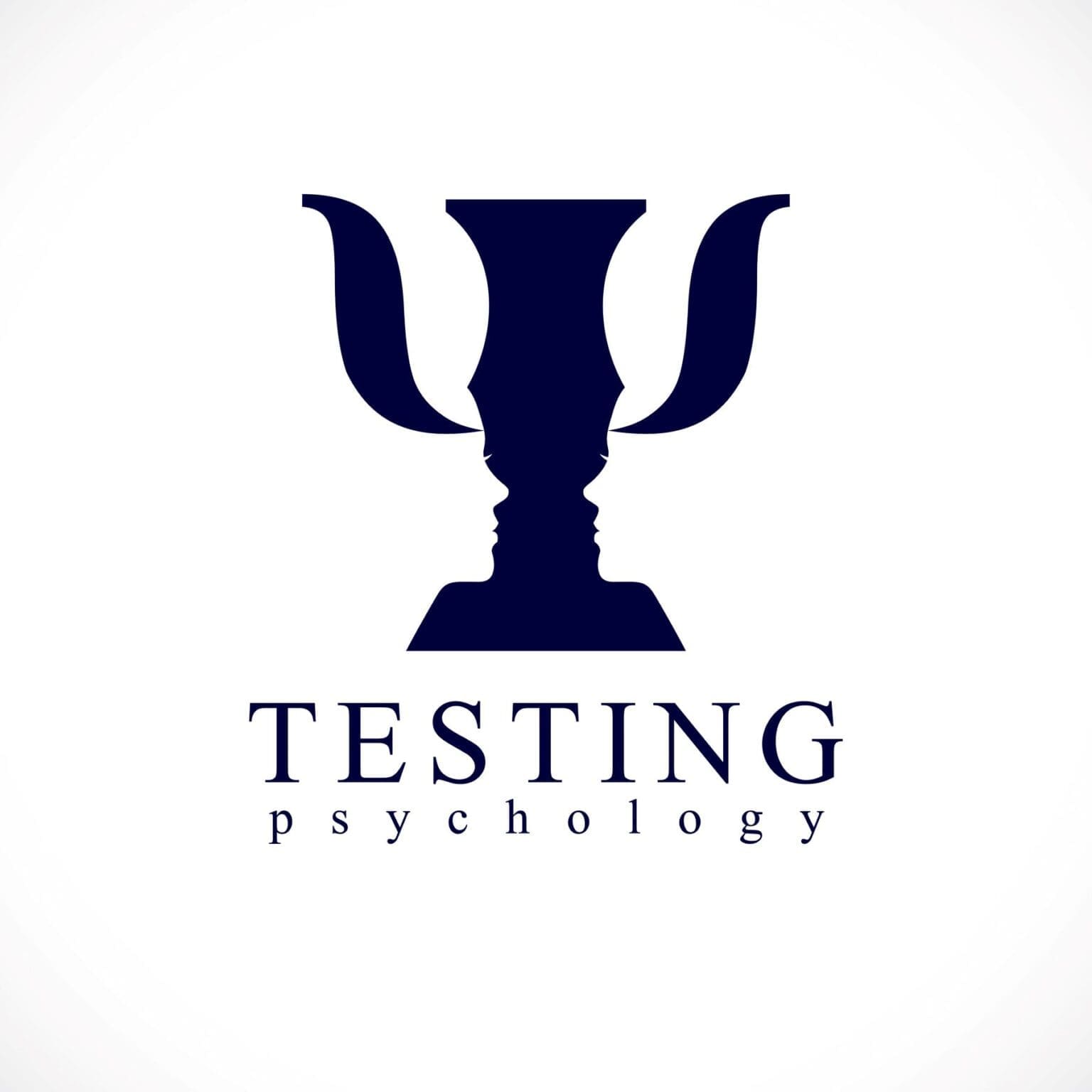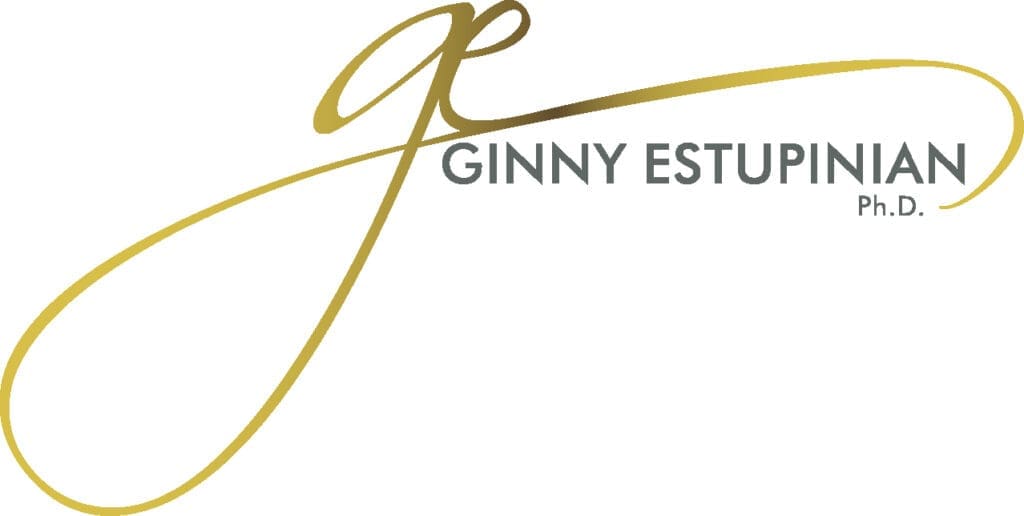
Table of Contents
- What Are Psychological Assessments and Neuropsychological Tests
- Depression Test
- Anxiety Test
- Panic Attack Test
- Bipolar Disorder Tests
- Adult ADHD Test
- TBI -Concussion test
- IQ Tests For Children
Understanding Psychological Assessment
Psychological assessment is a comprehensive process that provides insights into an individual’s cognitive abilities, emotional functioning, and behavior. At Dr. Ginny Estupinian’s office, we use a combination of standardized tests, clinical interviews, and behavioral observations to create a holistic picture of your psychological well-being.
What Psychological Assessment Is:
 A systematic method for gathering data about psychological functioning
A systematic method for gathering data about psychological functioning- A multi-faceted approach using various tools and techniques
- A valuable resource for informing diagnosis and treatment planning
- A means to track progress and adjust interventions as needed
What Psychological Assessment Is Not:
- A quick solution to complex psychological issues
- A substitute for ongoing therapy or medical treatment
- A definitive predictor of future behavior or success
- A one-size-fits-all approach to mental health
Mood Disorder Assessments
Depression Assessment
Depression can manifest differently based on age, gender, and cultural background. Our comprehensive assessment includes:
- Evaluation of key symptoms (e.g., persistent sadness, loss of interest, fatigue)
- Exploration of potential triggers (e.g., loss, major life changes)
- Analysis of impact on daily functioning and relationships
- Consideration of physical health factors
Anxiety Assessment
We assess various forms of anxiety, including generalized anxiety, social anxiety, and specific phobias. Our process involves:
- Evaluation of physical symptoms (e.g., rapid heartbeat, sweating)
- Assessment of cognitive patterns (e.g., excessive worry, catastrophizing)
- Analysis of behavioral changes (e.g., avoidance, sleep disturbances)
- Exploration of anxiety triggers and maintaining factors
Panic Attack Assessment
As a severe form of anxiety, panic attacks receive special attention in our assessments:
- Detailed analysis of attack frequency, duration, and intensity
- Identification of physical and emotional symptoms during attacks
- Evaluation of impact on daily activities and quality of life
- Assessment of avoidance behaviors related to panic
Bipolar Disorder Assessment
Bipolar disorder involves complex mood patterns. Our thorough assessment includes:
- Evaluation of manic/hypomanic symptoms (e.g., decreased sleep need, increased goal-directed activity)
- Assessment of depressive episodes and their characteristics
- Analysis of mood cycling patterns and their impact on functioning
- Consideration of family history and potential triggers
Neuropsychological Assessments
Our neuropsychological assessments delve into the relationship between brain function and behavior, providing crucial insights for various conditions.
Adult ADHD Assessment
Many adults struggle with undiagnosed ADHD. Our assessment process includes:
- Comprehensive evaluation of attention, impulsivity, and hyperactivity symptoms
- Exploration of childhood history and symptom development
- Analysis of impact on work performance, relationships, and daily life
- Assessment of coping strategies and compensatory mechanisms
Concussion & Traumatic Brain Injury (TBI) Assessment
TBI can have wide-ranging effects on cognitive and emotional functioning. Our assessment involves:
- Detailed evaluation of attention, memory, executive functions, and processing speed
- Assessment of emotional and behavioral changes post-injury
- Integration with medical history and imaging results
- Tracking of symptom progression and recovery over time
IQ Testing for Children
Dr. Ginny Estupinian’s office provides comprehensive IQ testing for children, which is often required for admission to private schools or to assess a child’s cognitive abilities. We use gold-standard assessments that offer detailed insights into a child’s intellectual capabilities.
Private Schools We Provide Testing For
Dr. Estupinian’s office is approved to conduct IQ testing for several prestigious private schools in the area, including:
- The Harker School

- The Nueva School
- Helios School
- No Specific School
It’s important to note that you do not need to be applying to a specific school to have your child tested. Many parents choose to have their children evaluated simply to better understand their cognitive abilities and potential.
The Gold Standard of Child IQ Testing
There are two primary tests used depending on the child’s age:
WPPSI-IV (Wechsler Preschool & Primary Scale of Intelligence Fourth Edition)
- Age Range: 2 years 6 months to 7 years 7 months
- Evaluates: Verbal skills, reasoning abilities, working memory, and processing speed
- Based on up-to-date theories and research in child cognitive development
- Allows comparison of a child’s scores to those of other children in their age group
WISC-V (Wechsler Intelligence Scale for Children Fifth Edition)
- Age Range: 6 years to 16 years 11 months
- Assesses: Verbal comprehension, visual-spatial skills, fluid reasoning, working memory, and processing speed
- Provides a comprehensive evaluation of a child’s cognitive abilities
- Enables comparison with a large sample of children of the same age and gender
Benefits of IQ Testing For Children
- School Admissions: Many private schools require these tests as part of their admission process.
- Understanding Your Child: Gain insights into your child’s cognitive strengths and areas for growth.
- Educational Planning: Use results to inform personalized learning strategies.
- Gifted Program Qualification: Identify if your child qualifies for gifted education programs.
- Mensa Membership: These tests are accepted as part of the requirements for membership in the American Mensa Organization.
Testing Without School Application
We want to emphasize that IQ testing is available to all parents, regardless of whether you’re applying to a specific school. Many parents choose to have their children evaluated to:
- Gain insights into their child’s cognitive strengths and areas for growth
- Inform personalized learning strategies at home or in their current school
- Explore potential giftedness or learning differences
- Prepare for future educational decisions
This option allows you to obtain valuable information about your child’s cognitive abilities without the pressure of a school application process.
Mensa Organization Applications
For children who achieve the required score, we can send a copy of the report directly to the American Mensa Organization to support their membership application. Please note that an additional processing fee applies for this service.
Making the Process Easy for You and Your Child
We strive to make the IQ testing process as convenient and stress-free as possible. Our staff will work with you to schedule the assessment at a time that suits you and your child.
The Benefits of Our Assessments
- Obtain objective, standardized data about psychological functioning
- Confirm or refine clinical impressions to guide treatment
- Measure progress and treatment effectiveness over time
- Identify specific strengths and weaknesses to inform personalized interventions
- Provide documentation for educational or workplace accommodations when necessary
Our Approach: Personalized and Comprehensive
At Dr. Ginny Estupinian’s office, we prioritize creating a supportive, comfortable environment for all assessments. Our process is designed to be thorough and client-centered:
- Initial Consultation: We discuss your concerns, goals, and relevant history to tailor the assessment process.
- Comprehensive Evaluation: Using a combination of standardized tests, interviews, and observations, we gather detailed information about your functioning.
- Thorough Analysis: Our experts carefully analyze the results, considering all relevant factors.
- Detailed Reporting: We provide a comprehensive report outlining findings, diagnoses (if applicable), and specific recommendations.
- Feedback Session: We schedule a follow-up to discuss results, answer questions, and collaboratively plan next steps.
- Ongoing Support: We offer guidance on implementing recommendations and can coordinate with other healthcare providers or educators as needed.
Take the Next Step
Whether you’re seeking clarity about mood disorders, cognitive functioning, or your child’s intellectual capabilities, our assessments provide valuable insights to guide your path forward.
Contact us today to schedule an initial consultation and begin your journey toward greater understanding and improved well-being.
Call Today 844-802-6512
Dr. Ginny Estupinian, Ph.D., ABPP, is a board-certified clinical psychologist with over a decade of experience in psychological and neuropsychological assessment. Trust in our expertise to provide the insights you need for a brighter future.
Assessments
Contact Us
Call the office with any questions you may have. Our team will provide the answers you need to make an informed decision.
Copyright © 2024-2025 Ginny Estupinian PhD
